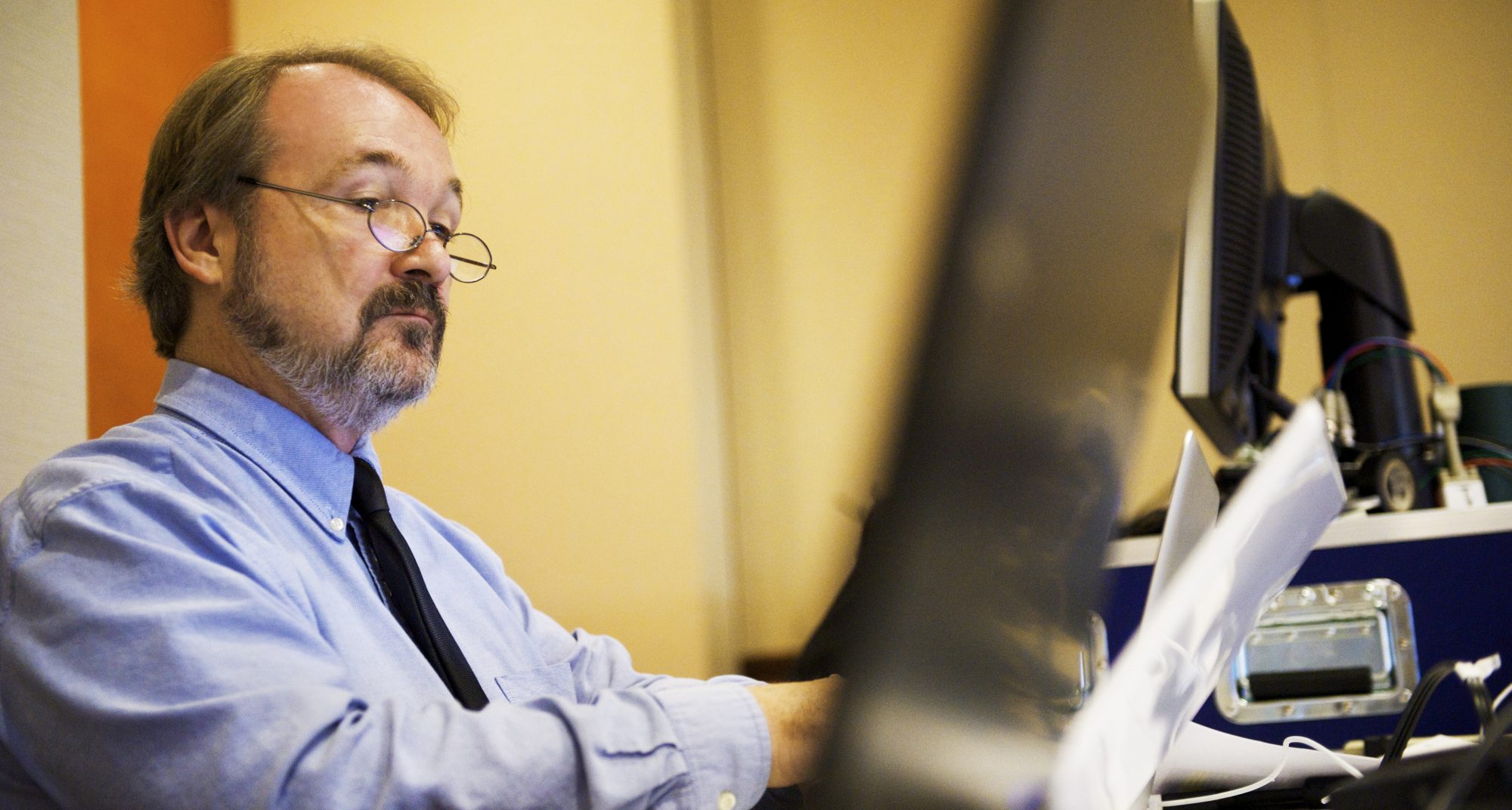
(image by Giorgio Grani, via Unsplash)
News from Bloomberg: 46% of college graduates over age 25 surveyed reported that they worked in the field that they went to college for, a quarter of them make $30K per year or less, and about 15% don’t make the poverty line. All interesting facts, but it’s pretty sloppy thinking to put those things in the same article. It falls totally into the trap of crushing every version of college into the trade school model, and then accusing people of picking the wrong trade when they were 18.
Let’s take those two stories apart. The bad news is that college isn’t the infallible safety net that everyone claims it to be. Now that a third of all Americans have college degrees, it’s just not special the way it once was. Any employer at any level can require an irrelevant degree to qualify for a job that once would easily have been done by non-collegiate adults. And in our current economic model, in which labor is always a cost to be avoided, humane work at a humane wage is hard to come by. There are enough college grads that we’re no longer protected from the humiliations that we once would have simply visited upon others. When we insist upon low, low prices and 24-hour-automated service and free overnight delivery, we can’t be surprised when the plague of low wages and job insecurity eventually arrives at our household as well.
But the other half of that story can’t be surprising to anyone, and we can’t imagine that it’s bad news at all. More than half of all adults work in a field other than the one they majored in at college. Could we expect anything other? And what a tragedy it would be if we all set our course at the age of 18 and 19 and never, ever deviated from it! I did not have the same enthusiasms and the same sense of mission when I was a kid that I do now. I was smart and obedient, I did what people told me to do, and they gave me a pat on the head and a nice grade. I have indeed grown into my adult life, and thank god for that.
That’s been my favorite version of college all along, the one that sets riches at our feet and kind, intelligent adults to show us their wonders, and lets us fall in love with something we might never have expected. I thought I was going to be an architect, but I discovered architectural and landscape history, and then in my very last semester, took a course in journalism where we learned something about the craft of writing criticism. Those five courses set my career, not all the studio design courses or building technology courses or visual design/graphics courses. I never practiced the career that my major “prepared me for,” because I could discover the right path only by walking the path.
I was talking with a wise friend the other day, and I was talking about the ways in which suffering had prepared me to help alleviate suffering. I said that there was a way in which my history of traumas had become a tool that I could employ on behalf of others. And he said, “Does it have to be a tool? Can it be a toy?”
What an interesting idea, that something can be freed from our perpetual Puritan drive to productivity and can simply be playful. And as I mused on that, I realized that to play requires safety. We can’t play when we’re afraid, we can’t play when we’re being judged (or judging ourselves as a proxy for all the judgments we’ve internalized). We can only play when we feel safe, unselfconscious.
College can be that place of safety, the place where we can wander through the garden of intellect and choose the particular fruits that appeal to us. Where it’s okay to taste a plant and say, “Yuck! Never gonna eat THAT again!” Where we try on the enthusiasms of our friends to see how they fit us, and share our own with them as well, the roles of teacher and student becoming blurred and indistinct.
But we’ve engineered a version of college that can never, ever be that toy. That can only ever be a tool, employed for survival or defense against penury. That fear-filled way of thinking is imbedded in this Bloomberg article, and in the college model that it recognizes and upholds. That way of thinking is native to most non-college families who send their kids to college thinking that it’s a “leg up,” a “safety net,” a “first step,” a “foot in the door,” a “career path,” any of a hundred metaphors that make it clear that college is not a toy! How could college be a toy, when so many families are at the edge of danger even with decent jobs? How could college be a toy, when every commentator around us is shrieking be afraid be afraid be afraid?
We have built a fear-filled economics, and that economics has robbed college of its possibilities except for that handful of well-to-do families whose kids will always land on their feet no matter what. We hobble curiosity in favor of knowledge far too early, and leave ourselves to merely work.

